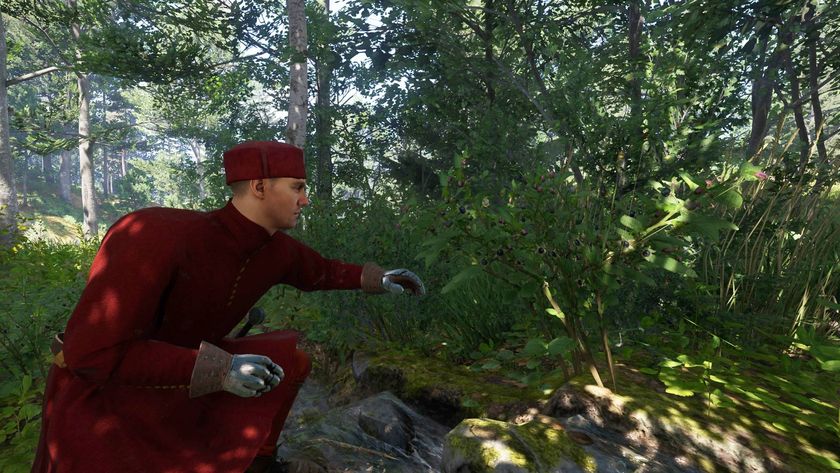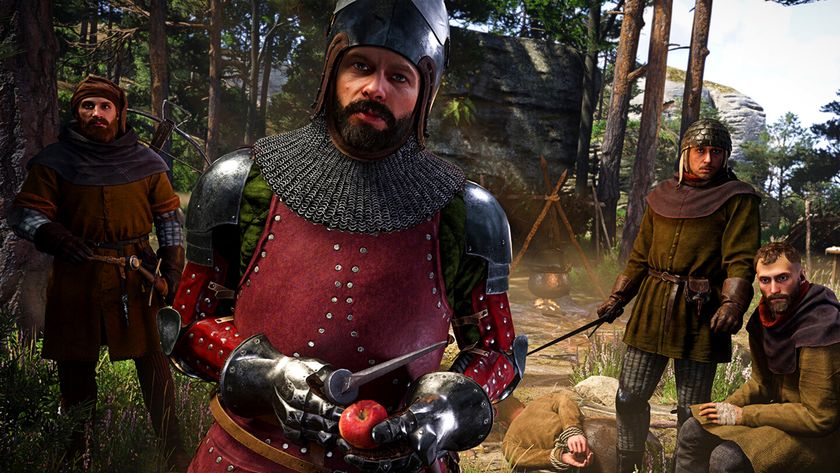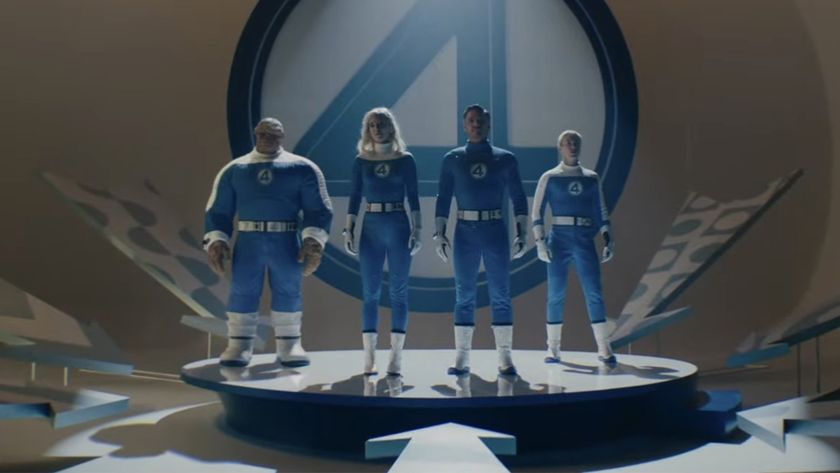Why you can trust 12DOVE
Deep into David Fincher’s controlled, meticulous, obsessional crime drama, dissolute reporter Paul Avery shrugs his sunken shoulders and says, “He offed a few citizens, wrote a few notes and faded into a footnote.”
And he’s right, to a point: the self-named Zodiac is credited with just five official kills between December 1968 and October 1969; the majority of his taunting, threatening letters to the San Francisco Chronicle were sent between July 1969 and October 1970. Zodiac’s time in the spotlight was brief, his murders grubby and clumsy (don’t expect a John Doe-style masterplan here), his spelling atrocious. And yet...
And yet the echoes of Zodiac’s crimes resounded through the streets of San Francisco for more than a decade, his elongated shadow climbing every wall, his amorphous face reflected in every window. America’s answer to Jack The Ripper, he transfixed the city, the state, the nation. Even now, more than 30 years on, the case remains open, unsolved – bloated to mythic proportions by copycat crimes, phony epistles, media hyperbole, Boogeyman whisperings and the Zodiac’s own crazed boast that he slayed 37 innocents.
Fincher’s genius is to strip fact from fiction. Effectively conducting his own investigation with the help of screenwriter James Vanderbilt, he prepped for this, his extraordinary sixth feature, by not only poring through Robert Graysmith’s source novels Zodiac and Zodiac Unmasked, but by sifting through 10,000 pages of police transcripts. Even more remarkable, he grilled each and every one of the surviving players. The result is a methodical, microscopically detailed police procedural movie that’s as responsible as it is compelling, as convincing as it is thrilling.
Only it’s not just a police procedural movie. And it’s certainly not a serial killer flick, the spectre of Zodiac refusing to step forward out of the shadows, to dominate proceedings front and centre. It’s a film (a tragedy, no less) concerned with a small group of men who gave their lives to Zodiac. Not to his knives or gun, but to him – to the pursuit of his identity.
Ace crime reporter Avery (Robert Downey Jr) and editorial cartoonist Graysmith (Jake Gyllenhaal) are two of these men, lured in when the killer sends a teasing note to the San Francisco Chronicle. With it he encloses part of a cipher that, if decoded, will supposedly reveal his identity. Homicide cops Dave Toschi (Mark Ruffalo) and Bill Armstrong (Anthony Edwards) make up the remainder of the group, their painstaking enquiry leading them through a labyrinth of blind alleys as they shuffle 2,500 suspects. All of these men will be harmed by their shared obsession.
It is this drip-drip draining of the hollow men that interests Fincher; in movie terms, Zodiac’s kill-spree is little more than a MacGuffin. And so Fincher trains his unflinching camera onto his protagonists, bolting it to their puffed, haggard faces and eschewing camera-through-coffee-pot-handle thrills as he sets about telling a human story. Crucially, this is the first time the director has adapted from real life, with real people, and pretty much all of his choices – from the domesticated camera and detailed performances to the costumes, production design and soundtrack – serve the common cause: to recreate, faithfully and faultlessly, actual events.
Yet if there’s a crack in Zodiac’s supreme accomplishment, it is here. A matchless technician who revels in precision, Fincher can’t quite bring himself to let go and loosen up; to embrace the naturalistic and to allow for life’s raggedness. So while he’s to be applauded for the frayed plotting (clues go cold, trails peter out, bureaucracy frustrates), it shouldn’t go unnoticed that his framing is clean-edged and exact; and while the film’s conclusion is pleasingly unkempt, the HD visuals are a little too stylishly murky, expelling (natural) light and warmth. In fact, this tension between life and movies is evident throughout. Witness the smattering of suspenseful set-pieces to rival anything in Se7en... and then compare their masterful manipulation to the movie’s shockingly flat, scarily perfunctory violence.
Even so, Zodiac is a startling achievement. Few movies made today exhibit such scale or ambition, most of it realised, and no crime film ever made presents this much information with this much clarity. Leaping forward by hours, days, weeks, months, even years – one passage of time is marked by the CG erection of the Transamerica Pyramid, ‘photographed’ in mock time-lapse – it never smudges or stumbles. What it does do is challenge, both the viewer and cinematic formula. Watch Fincher’s bold, beautiful picture and you’ll emerge thinking Don Siegel’s morally soiled Dirty Harry, inspired by the Zodiac killings, is safe, compliant filmmaking. Astonishing.
Don't expect Se7en 2: these are the lives and crimes of men living in a killer's shadow. Lucid and forceful, Zodiac is sensational in the right way.
The Total Film team are made up of the finest minds in all of film journalism. They are: Editor Jane Crowther, Deputy Editor Matt Maytum, Reviews Ed Matthew Leyland, News Editor Jordan Farley, and Online Editor Emily Murray. Expect exclusive news, reviews, features, and more from the team behind the smarter movie magazine.



